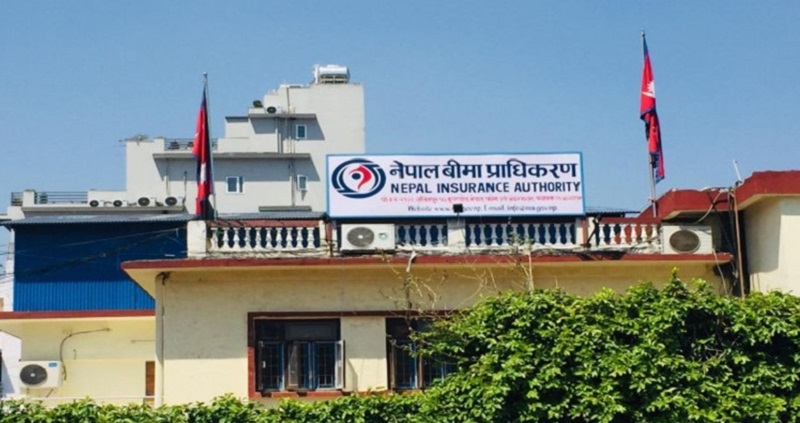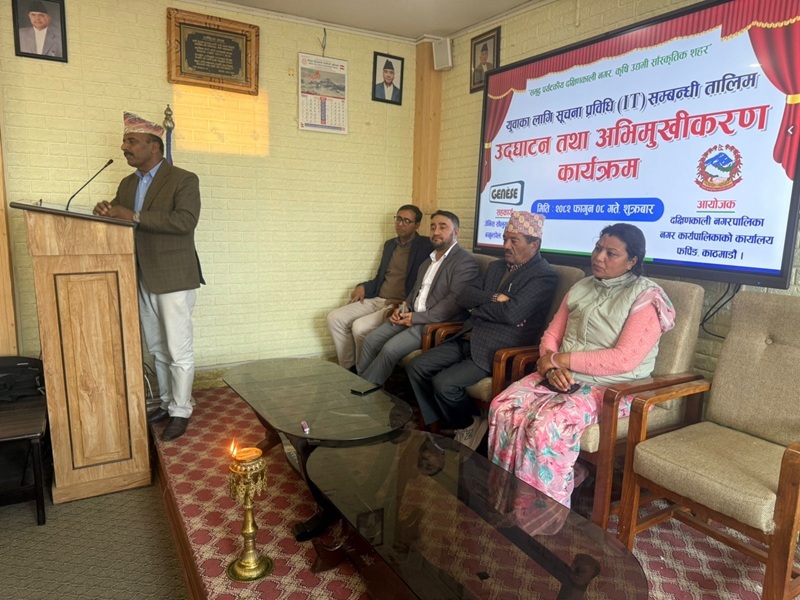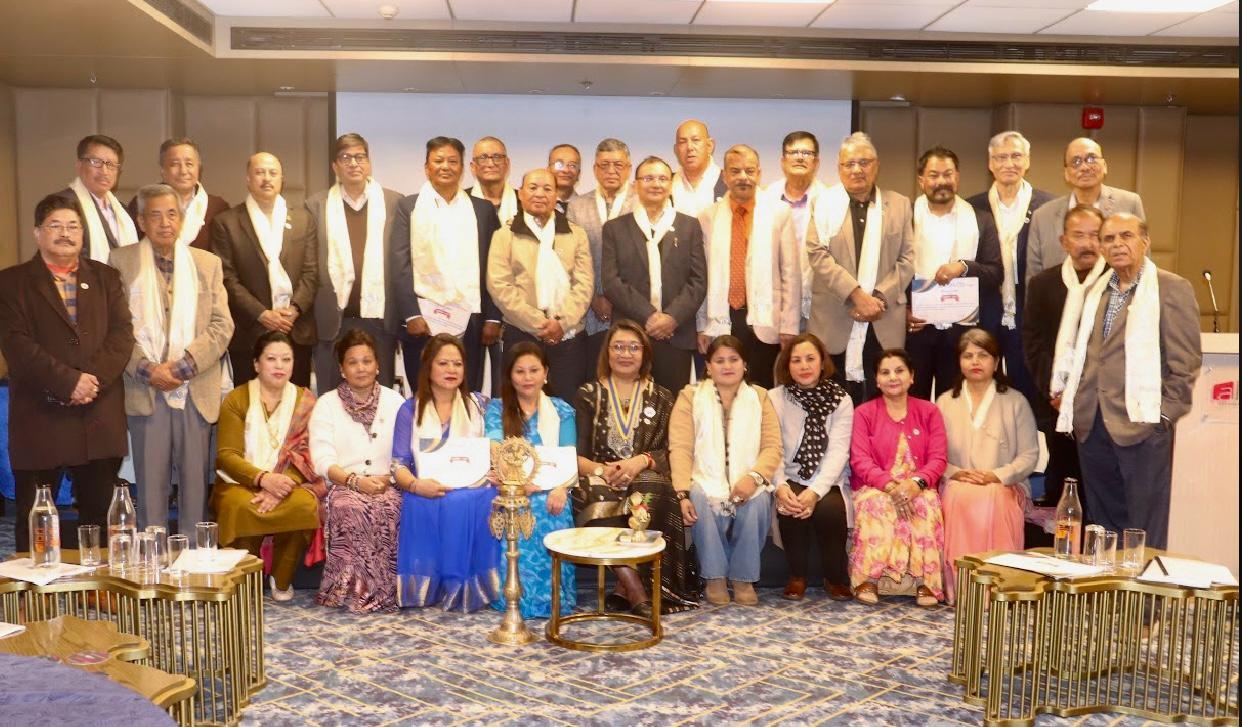Gen-Z Protests Trigger NPR 22.25 Billion in Insurance Claims
23rd September 2025, Kathmandu
The Nepal Insurance Authority has confirmed that insurance companies have received a total of NPR 22.25 billion in claims following the recent Gen-Z protests.
Gen-Z Protests Insurance Claims
The Nepal Insurance Authority (NIA) has confirmed that insurance companies have received a total of NPR 22.25 billion in claims following the recent Gen-Z protests. The claims were filed by 2,478 applicants across 18 insurance companies, including micro-insurers, marking what is being described as the single largest insurance loss event in Nepal’s history. This surpasses the total claims from the devastating 2015 earthquake, which amounted to NPR 16.5 billion.
Claim Breakdown by Category and Region
The financial impact of the protests was not uniform across all sectors or geographical areas. The damage was most severe in Bagmati Province, particularly in Kathmandu Valley, where 1,343 applications were filed, accounting for nearly NPR 17.97 billion, which is almost 80% of the total claim amount. This includes extensive damage to major businesses and institutions in the capital. The breakdown of claims by province is as follows:
- Bagmati Province: 1,343 applications
- Koshi Province: 322 applications
- Madhesh Province: 246 applications
- Lumbini Province: 202 applications
- Gandaki Province: 184 applications
- Sudurpaschim Province: 159 applications
- Karnali Province: 22 applications
In terms of insurance types, Motor Insurance received the highest number of claims, with 1,778 applications. This is a significant figure, reflecting the widespread vandalism and arson against vehicles. Property Insurance followed with 538 applications, covering damages to homes, commercial buildings, and other infrastructure. Engineering/Contractor Risk saw 132 applications, while Transport Insurance had 11.
Impact on the Insurance Sector
The high volume and value of these claims have put the Nepali insurance sector under considerable pressure. The total claim amount is expected to rise further as more damage assessments are completed. The Nepal Insurance Authority has urged insurance companies to expedite the verification and settlement processes to provide prompt relief to the affected individuals and businesses. This is particularly crucial as many of the losses fall under the “riot and terrorism” peril, which is a mandatory inclusion in non-life insurance policies in Nepal.
The burden of these claims will not be borne by individual insurance companies alone. Nepal Reinsurance Company (NepalRe) is expected to bear a significant portion of the losses, as it holds the majority of the country’s reinsurance capacity. While Nepalese insurers typically retain a portion of the risk, the remaining 65% is passed on to NepalRe. NepalRe has in turn arranged for retrocession with international firms, such as Hannover Re, to ensure it can meet its obligations despite the heavy exposure. This chain of reinsurance is a critical mechanism for managing catastrophic risks and maintaining the stability of the entire financial system.
The two companies that have received the largest claims are Oriental Insurance, with NPR 5.23 billion, and Siddhartha Insurance, with NPR 5.08 billion. The claims for Oriental Insurance are largely from major commercial clients, including the Hilton Hotel in Kathmandu, which suffered extensive losses. For Siddhartha Insurance, which also insures major properties, the claims are spread across various businesses.
The financial fallout from the protests has highlighted the importance of robust insurance and risk management frameworks in a country prone to both natural and man-made disasters. The Nepal Insurance Authority is preparing a simplified procedure to accelerate claim settlements, especially since many police and ward offices that issue required documents were damaged in the unrest. This initiative will allow payments to be processed with minimal documentation, ensuring that the affected can get back on their feet as quickly as possible. The widespread financial devastation underscores the need for a swift and collaborative effort between the government, insurance companies, and private sector to rebuild and restore economic confidence.
For More: Gen-Z Protests Insurance Claims







